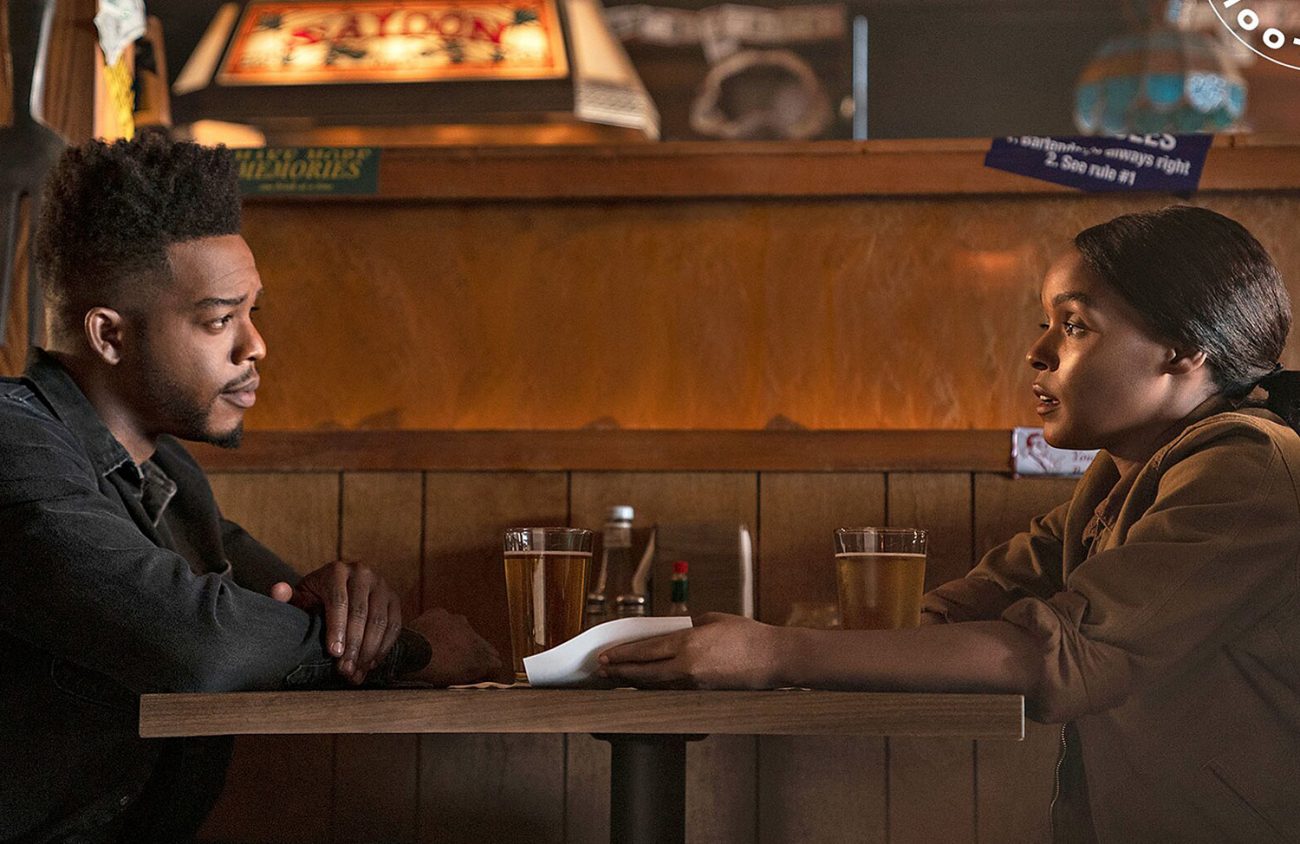There are few modern television series I admire more than Netflix’s Ozark, an urban-to-rural family crime drama whose deep dive into moral decay would make the Soprano clan look away in disgust.
Featuring a cast that simply cannot be improved — including Jason Bateman, Laura Linney and newcomer Julia Garner as the anti-heroic badass Ruth — this show is downright biblical in its merciless gaze into the roots of evil: the way one bad choice (in this case, the decision to launder cartel money) can lead seemingly decent people into a tangle of compounding errors ending in murder, betrayal and, most insidiously, a complete loss of moral grounding.
This is a queasily hypnotic show, a literate barnburner that is as well written, scored, filmed and acted as anything you’ll find in the streamable universe. And beneath it all burbles an absolutely killer critique of the spiritual rot that festers at the core of our American way of life. Watching the Byrde family’s descent into hell is like watching Manifest Destiny crash and burn on the shores of a nightmare. As tragic and damning as the spectacle is, it’s impossible to look away.
Considering the cruel corporate feudalism now seizing us, I’m loath to praise anything Amazon does, but even the Devil gets his due: The Prime series Homecoming is a thoroughly modern political thriller, and what it lacks in depth and sophistication, it more than makes up for with style, verve and technological innovation.
Season Two, just released, is not as sharply written as the debut, which benefited from a great performance by co-producer Julia Roberts. But the series’ second installment, featuring excellent performances by Janelle Monae and Chris Cooper, is creepy good fun nonetheless. The corporate conspiracy slowly and ingeniously unearthed — the covert use of a new drug to treat military PTSD — is decent boilerplate, but it’s the narrative technique that makes the show so fascinating: episodes so short they seem barely introductory, rippled with dreamlike editing and perspective shifts that eavesdrop on the action like cellphone footage.
The results are surreal and captivating, a millennial sampling of cheeky Hitchcockian send-up, malevolent noir grift and Lynch-like chill, creating a product (befitting Amazon) in which the storytelling itself becomes a lead character. Amazingly, it all works well.
If, like me, you’re worried about the coming apocalypse, it’s high time to admit that a significant part of that anxiety is nothing new. High times or end times, death is the great reckoning for every one of us. No comedian working today better captures our mortal blahs than Ricky Gervais, whose tightrope walk of cantankerous, broken-hearted nihilism is perfected in his new Netflix series After Life. Playing a recently widowed journalist whose only salve to suicide is to keep being a dick to idiots, Gervais brilliantly and hilariously depicts our exhausting uphill battle against the gravitational tug of meaninglessness.
Yes, there are the trademark moments of Gervais nastiness and comeuppance, but what really makes the show so compelling is its abiding tenderness, as Sir Ricky wages a quixotic war against mortality itself. Death might be the subject of After Life, but, in the end, its greatest lessons are about how to go on living against impossible odds.
I’m not a huge Steven Spielberg fan, but as with that other well-known Stephen (King), I do respect the man and tip my hat to the uncommon power of his popular art — primarily in the realm of allegory. Case in point: Spielberg’s first blockbuster, Jaws, remains one of the finest and darkest political fables of the past century. The real monster in that film is not the killer shark, but the political establishment of Amity, which, despite all evidence to the contrary, forces the beaches to stay open in order to rake in those precious tourist dollars.
Timely? Poignant? Prophetic? Yes, I’m suggesting a revisit of Jaws. This time around, simply substitute “virus” for “shark” and watch the real American nightmare unfold. And so I ask: Where is our Quint now, and who’s going to play Chief Brody to MAGA’s maskless moby dicks? “We’re gonna need a bigger boat,” indeed.
Long before romantic comedies, there were screwball comedies, and the best of these, for my money, is Leo McCarey’s 1937 classic The Awful Truth. Starring Cary Grant and Irene Dunne as a wealthy New York couple going through a scandalous tabloid divorce, this movie is a reminder of what passed for afternoon escapism during the Golden Age of Hollywood: sharp dialogue, simmering sexuality, satirical bite and an unabashed penchant for physical comedy, all held together by a boisterous sense of life’s untapped possibilities. This is the movie that turned Grant into a star, but it is Dunne, as his wise-cracking wife, who makes the movie.
